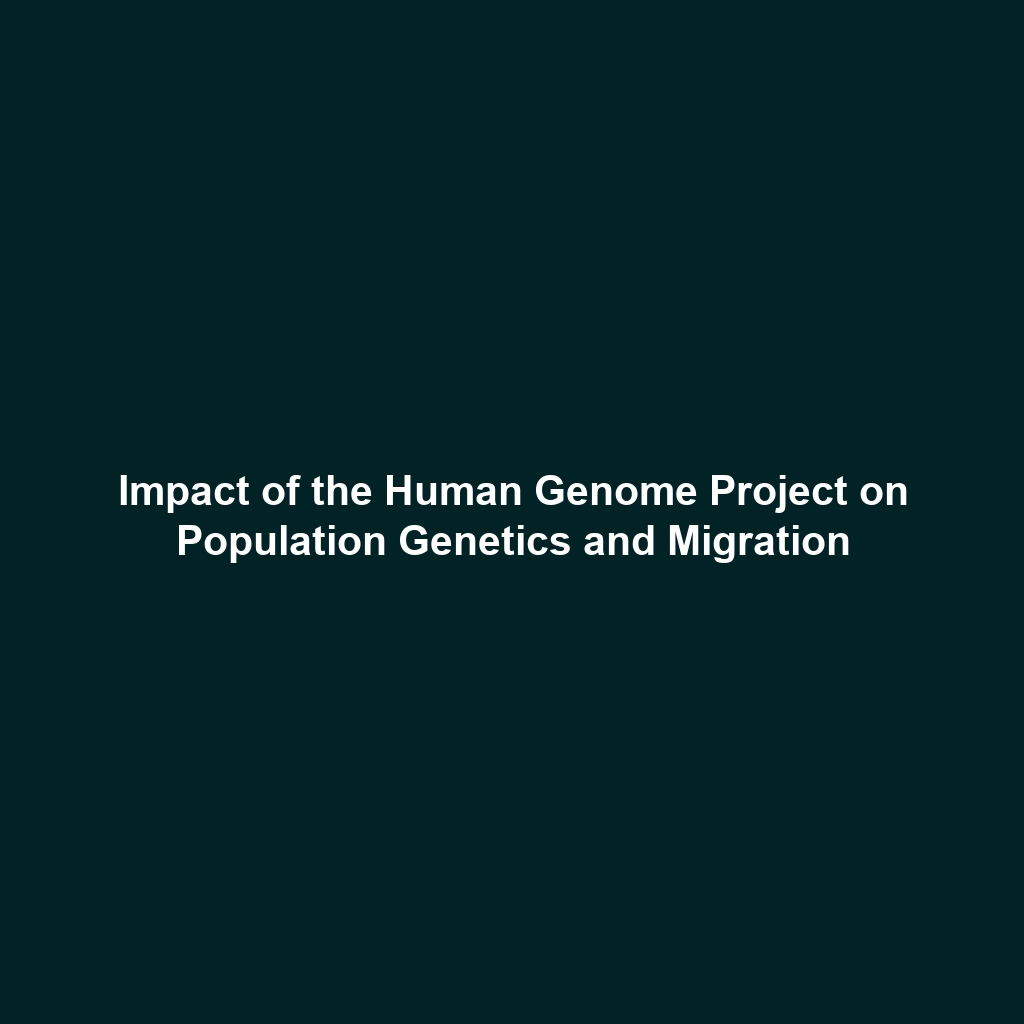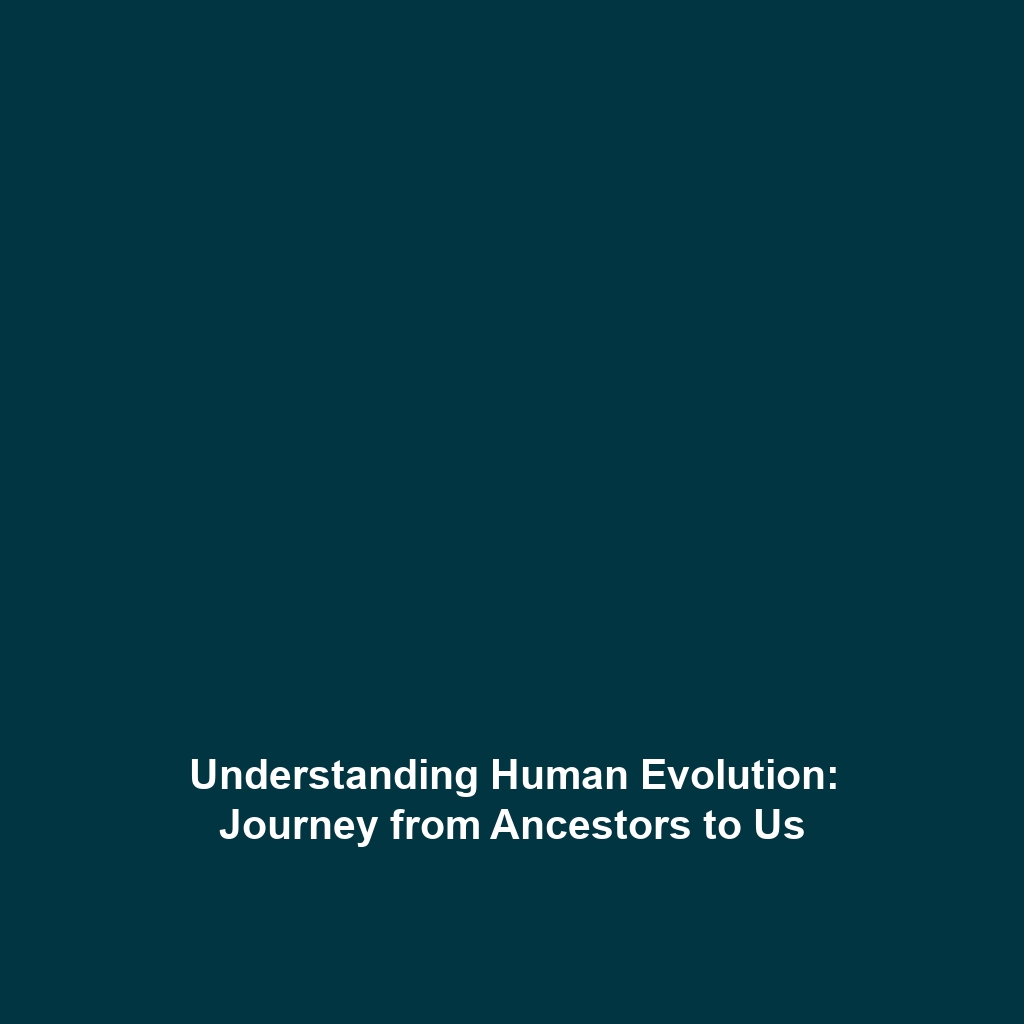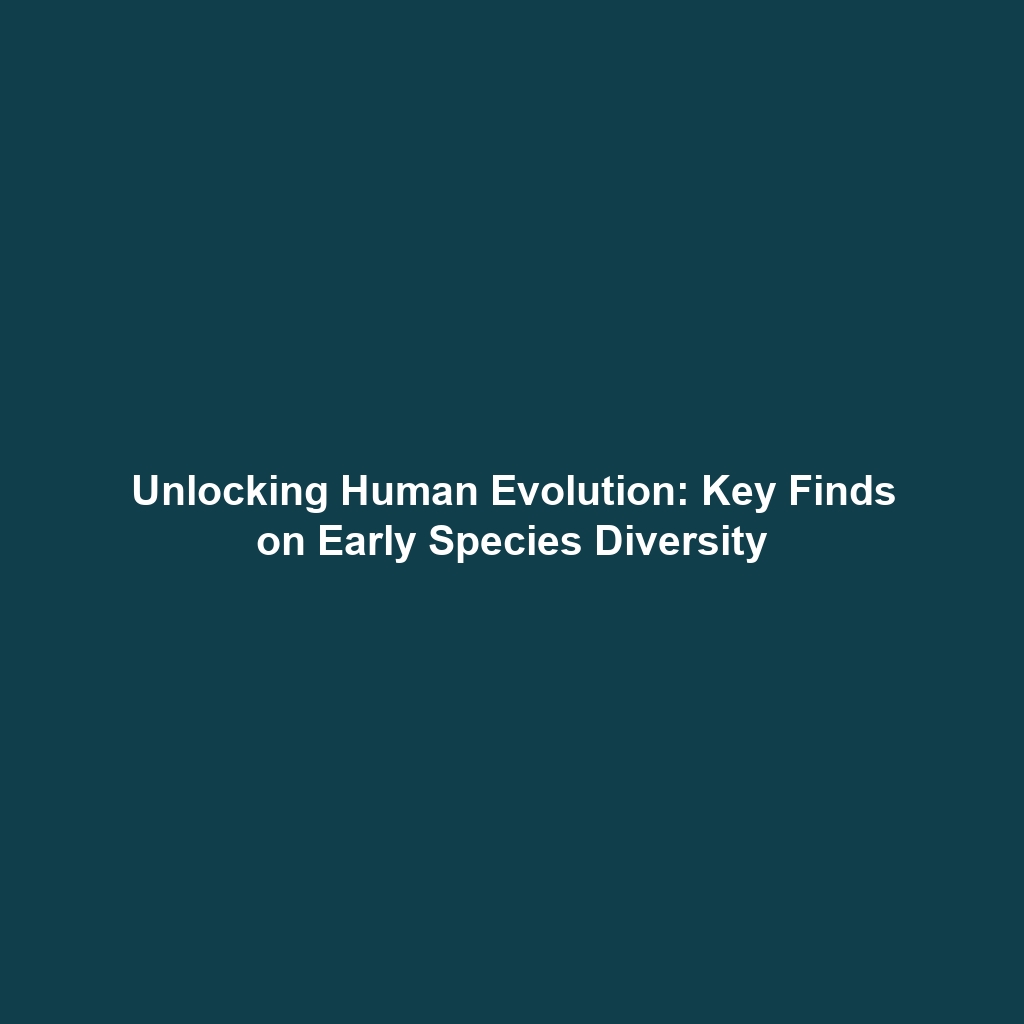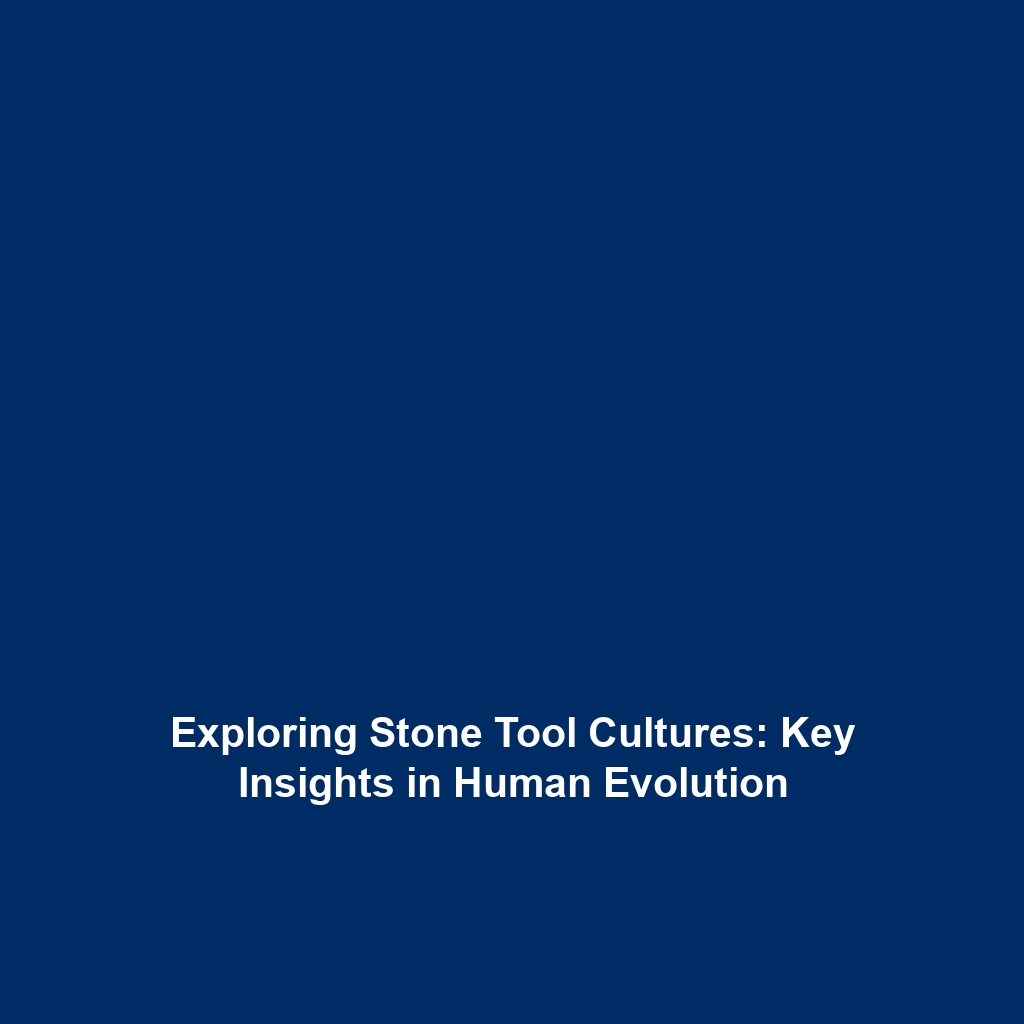How the Human Genome Project Informs Studies of Population Genetics, Migration, and Human Evolution
The Human Genome Project (HGP), completed in 2003, has fundamentally transformed our understanding of human genetics. By mapping the entire human genome, scientists have gained invaluable insights into population genetics, migration patterns, and evolutionary processes. This landmark project has established a framework for studying human ancestry, revealing how genetic variations influence phenotype and various health conditions. Through genomics, researchers can now unravel the complexities of human evolution, enhancing our comprehension of genetic diversity across global populations.
Key Concepts in Population Genetics
Population genetics examines how genetic variations drive the composition and evolution of populations. The HGP has significantly contributed to this field by providing extensive genomic data, enabling researchers to:
- Trace Ancestry: The detailed mapping of human DNA allows scientists to trace lineage and understand ancestral migration routes.
- Study Genetic Variation: Analyses of single nucleotide polymorphisms (SNPs) help assess how variations correlate with geographical and migratory patterns.
- Understand Human Evolution: The genomic evidence from the HGP aids in reconstructing evolutionary relationships among different human populations.
Applications and Real-World Uses
The findings from the Human Genome Project have led to numerous applications in population genetics, migration studies, and human evolution research. Some notable applications include:
- Medical Genetics: By understanding population-specific genetic factors, healthcare can be tailored to address particular health risks in diverse populations.
- Ancestral DNA Testing: Companies are using genomic data to provide individuals with insights into their ancestry and migratory history.
- Conservation Biology: Knowledge of genetic diversity aids in conservation efforts, as it informs management strategies for endangered species.
Current Challenges in Genetic Studies
Despite the advancements made possible by the Human Genome Project, researchers face several challenges when studying population genetics, migration, and human evolution:
- Ethical Concerns: Issues regarding consent and the handling of genetic data raise ethical dilemmas.
- Data Analysis Complexity: The large volume of genomic data requires sophisticated computational tools and methods for analysis.
- Representation Bias: Many studies are dominated by data from certain populations, which may not represent global genetic diversity effectively.
Future Research and Innovations
Future research stemming from the Human Genome Project promises to reveal even more about human genetics, especially with the advent of next-generation sequencing. Innovations expected to shape future studies include:
- Integrative Genomics: Combining genomic data with environmental factors for a comprehensive understanding of human health and evolution.
- Advanced Bioinformatics: Enhanced algorithms and software tools for processing and interpreting genomic data more effectively.
- Population-based Genomic Studies: Focused efforts on underrepresented populations to enrich our understanding of global genetic diversity.
Conclusion
The Human Genome Project has laid a pivotal foundation for understanding population genetics, migration, and human evolution. Its contributions continue to enhance our insights into human ancestry and genetic diversity, while informing current medical practices and conservation strategies. As research progresses, the wealth of information generated by the HGP remains crucial for future investigations and technological advancements in genetics. To delve deeper into related topics, consider exploring our articles on genetic diversity and gene-environment interactions.









